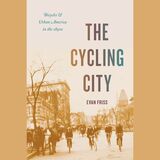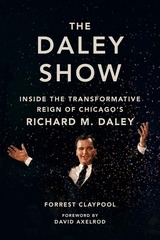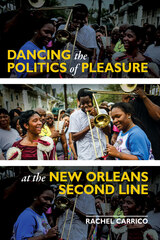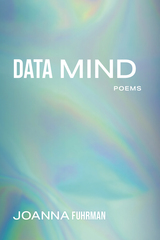5 start with L start with L
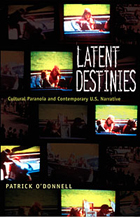
O’Donnell argues that paranoia on the broadly cultural level is essentially a narrative process in which history and postmodern identity are negotiated simultaneously. The result is an erasure of historical temporality—the past and future become the all-consuming, self-aware present. To explain and exemplify this, O’Donnell looks at such books and films as Libra, JFK, The Crying of Lot 49, The Truman Show, Reservoir Dogs, Empire of the Senseless, Oswald’s Tale, The Executioner’s Song, Underworld, The Killer Inside Me, and Groundhog Day. Organized around the topics of nationalism, gender, criminality, and construction of history, Latent Destinies establishes cultural paranoia as consonant with our contradictory need for multiplicity and certainty, for openness and secrecy, and for mobility and historical stability.
Demonstrating how imaginative works of novels and films can be used to understand the postmodern historical condition, this book will interest students and scholars of American literature and cultural studies, postmodern theory, and film studies.
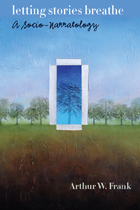
Stories accompany us through life from birth to death. But they do not merely entertain, inform, or distress us—they show us what counts as right or wrong and teach us who we are and who we can imagine being. Stories connect people, but they can also disconnect, creating boundaries between people and justifying violence. In Letting Stories Breathe, Arthur W. Frank grapples with this fundamental aspect of our lives, offering both a theory of how stories shape us and a useful method for analyzing them. Along the way he also tells stories: from folktales to research interviews to remembrances.
Frank’s unique approach uses literary concepts to ask social scientific questions: how do stories make life good and when do they endanger it? Going beyond theory, he presents a thorough introduction to dialogical narrative analysis, analyzing modes of interpretation, providing specific questions to start analysis, and describing different forms analysis can take. Building on his renowned work exploring the relationship between narrative and illness, Letting Stories Breathe expands Frank’s horizons further, offering a compelling perspective on how stories affect human lives.
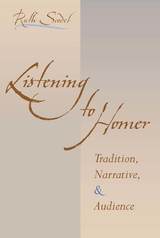
---Greece & Rome
---Irene J.F. de Jong, Gnomon
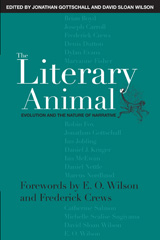
The goal of this book is to overcome some of the widespread misunderstandings about the meaning of a Darwinian approach to the human mind generally, and literature specifically. The volume brings together scholars from the forefront of the new field of evolutionary literary analysis-both literary analysts who have made evolution their explanatory framework and evolutionist scientists who have taken a serious interest in literature-to show how the human propensity for literature and art can be properly framed as a true evolutionary problem. Their work is an important step toward the long-prophesied synthesis of the humanities and what Steven Pinker calls "the new sciences of human nature."

Is there such a thing as a specifically literary discourse, distinguishable from other modes of thought and writing? Is there any way to defend the intuition that a work of literature says something that can't be said in any other way? Drawing on recent work in the philosophies of language and action, Steven Knapp presents a challenging new definition of “the literary” in a forceful analysis that will radically change the sometimes heated debate about formalism.
Formalist theorists have maintained that the uniqueness of the literary lies in the special nature of literary language. Their critics argue that to draw sharp distinctions between literary and nonliterary language is to privilege one kind of text and to insulate cultural activity from social conflict and political change. In the course of a rigorous engagement with such literary theorists, old and new, Knapp develops a provocative defense of the notion of a uniquely literary mode of discourse—a defense that challenges proponents as well as critics of formalism. He extends and deepens current debates about the literary canon, the purpose of literary study, and the aims and implications of the recent critical return to history. His bold and surprising argument has significance for the ethical and political role of literary studies that no one interested in literary theory or the philosophy of art will be able to ignore. Literary Interest will engage theorists, literary critics in all fields, and philosophers addressing issues of aesthetics and language.
READERS
Browse our collection.
PUBLISHERS
See BiblioVault's publisher services.
STUDENT SERVICES
Files for college accessibility offices.
UChicago Accessibility Resources
home | accessibility | search | about | contact us
BiblioVault ® 2001 - 2024
The University of Chicago Press


